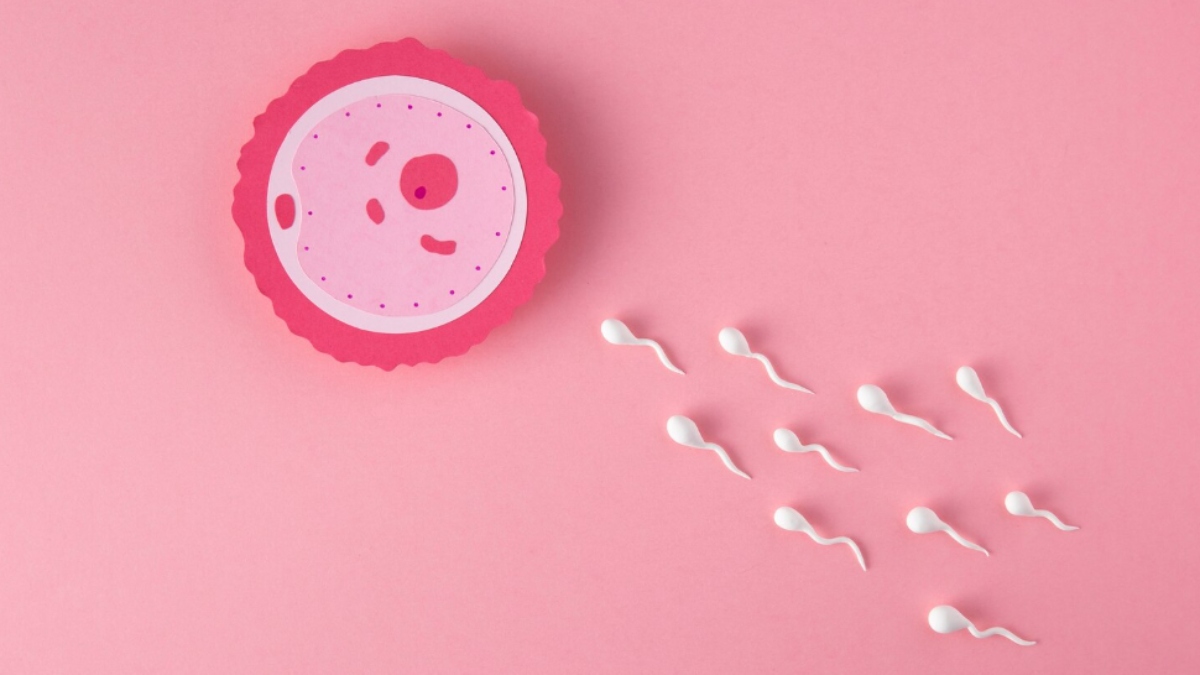
Men's Fertility Decline: A Surprising New Insight
New studies are reshaping our understanding of fertility and aging, revealing significant differences in how men and women experience reproductive decline. Research indicates that as men age, their sperm quality steadily decreases. This decline leads to increased genetic errors and a higher likelihood of complications in future pregnancies. The ongoing production of sperm throughout a man's life means that each new batch can accumulate small mistakes over time, resulting in reduced sperm viability.
Conversely, women’s eggs tell a different story. A recent report emphasizes that women are born with all the eggs they will ever have, and these eggs do not undergo the same constant cellular division that sperm do. This built-in protection system helps maintain the genetic quality of eggs for a longer duration, despite the natural decrease in egg count as women age. According to Dr. Dhanyatha G S from Rainbow Children’s Hospital, the hormones and robust mitochondria in women's eggs play a crucial role in preserving their quality over the years.
It's important to note that difficulties in fertility among women do not necessarily imply weaker eggs. Instead, the decline in the number of eggs is often the principal issue. Recent studies firmly establish that male reproductive capacity diminishes significantly due to the continuous aging process affecting sperm quality, while women's egg quality remains relatively stable for a longer time. This knowledge fosters a more nuanced understanding of reproductive health across genders.
Beyond biological factors, lifestyle choices such as stress management, sleep quality, smoking, and alcohol consumption significantly impact fertility for both men and women. Medical issues that remain untreated can further complicate reproductive health. Therefore, regular health check-ups, maintaining a balanced diet, and achieving a healthy weight are pivotal in safeguarding reproductive health, regardless of age.
As awareness grows, it's crucial for both men and women to understand their reproductive health better. By adopting healthier lifestyle habits and seeking medical advice when necessary, they can enhance their fertility potential and overall well-being.










